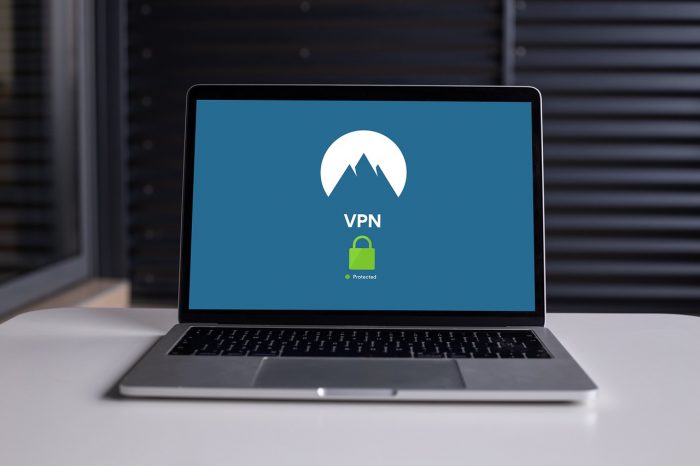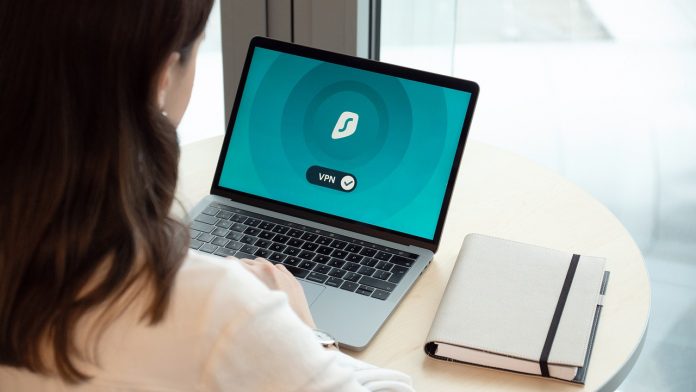For small businesses, the World Wide Web can be a dangerous place. From third-party websites and applications collecting data to phishing attacks targeting your employees, it is easy for your company to become a victim of a cyberattack. No matter how strong your business is, the repercussions are unfortunate.
This is where a Virtual Private Network (VPN) steps in. It will encrypt your company’s data and traffic, making it invisible to prying eyes of cybercriminals.
How does a VPN work and will it benefit your business?
1. Providing Geo-Independence and Overcoming Censorship
Apart from North Korea, many countries like China, Russia, Iran, Belarus, United Arab Emirates, and Turkey are imposing strict internet censorship. The types of internet censorship vary, from IP blocking and keyword filtering to banning social networks and IM apps.
For home businesses based in censored countries or hiring remote workers living there, their business performance may be harmed on multiple levels. Online censorship may prevent you or your employees from accessing the company’s network and resources, communicate with their colleagues, clients, or families, or even keep track of the latest news via the open internet.
That is where a VPN connection comes in handy. By establishing an encrypted tunnel between a device and the server, a VPN makes your employees’ internet activities untraceable. Once configured properly, a VPN will bypass censorship and let them access websites, email, apps, and other online services, even though they are located in a country with stringent internet access laws. This will increase the continuous information flow among the team, irrespective of its members’ locations.
When choosing a VPN provider, always make sure the service works in the countries relevant to you. You should also check their privacy and logging policies. Always choose a VPN provider with a strict no-logs policy. If a VPN provider keeps detailed logs, they would have a lot of information to give to third-party authorities if they ask them to.
2. Enhancing Data Security
In March, a group of elite hackers tried to hack the World Health Organization and this was only just the latest of the numerous cyberattacks targeting this organization. This example proves that the techniques employed by hackers are getting more and more sophisticated and effective.
Even though cybercriminals often target large companies like Facebook or Capital One, 43% of them focus their efforts on attacking small businesses. The reason for that is simple — small business owners do not allocate enough resources to cybersecurity. Even if your small business is not in regulated industries and it does not collect sensitive customers’ data, there are still several loopholes that may make it vulnerable.
- You travel a lot.
- You are hiring remote workers using personal devices to access work-related resources.
- You and your team often use free Wi-Fi hotspots to access business data.
- Your business has migrated to the cloud.
That is where a VPN can help. It encrypts your data traffic and creates a safe, private connection to whatever network you are logging into.

3. Ensuring Online Data Privacy
When accessing websites, business-related software, or social networks, your team’s sensitive data is being continuously tracked. Those online channels keep gathering and analyzing users’ locations, IP addresses, browsing histories, and online cookies to provide them with more targeted results. The consequences of being tracked are multiple, ranging from targeted advertising to identity and financial theft.
Unfortunately, most employees are not aware of those data privacy risks. They will access private social media profiles and emails from your company’s devices, register on new websites and allow third parties to collect their personally identifiable data. Bad actors may leverage your employees’ negligence to hack your company.
This is why you should invest in a VPN. When using a VPN on both private and corporate devices, your employees will camouflage their IP addresses and location data, preventing both third-party apps and hackers from collecting their information.
4. Offering Security Across Multiple Devices
For any home business, migrating operations to the cloud is critical. Using accounting software, project management apps, video chat tools, and cloud storage platforms, companies are reducing costs, improving collaboration, and enhancing data transparency.
With the rise of the cloud, the use of wearable devices has also grown. Industry experts predict that over 73% of all online users will access the internet only via their mobile devices. Unsurprisingly, this trend has been already changing companies’ cybersecurity priorities.
Installing a VPN on desktop and laptop computers does not cut it if your smartphone and tablet are not secured. Fortunately, with the majority of premium VPNs, you can use your VPN on multiple devices simultaneously.
5. Building Trust with Customers
Today’s customers keep track of the latest cyberattacks. They are familiar with the most common types of hacks. Above all, they are well-informed about the importance of data privacy and security. Nearly 70% of them believe that companies are vulnerable to hacks and data thefts.
Most customers are afraid that their personally identifiable data will also be exploited. And, their fears are justified. Let’s take the example of Equifax, one of the most prominent credit reporting agencies in the U.S. In 2017, they survived a major data breach that compromised about 147.9 million customers.
Precisely because of that, people are now willing to choose companies that are vigorously protecting their data and, at the same time, adhering to regulatory requirements. Only this way will you be able to build trust with customers, encourage their long-term loyalty, and, above all, inspire them to recommend your business to their friends and families. Remember that, apart from harming a company’s performance and increasing expenses, even the tiniest online security incident may also compromise its hard-earned brand image.
Over to You
In 2020 and beyond, VPNs will become one of the most significant cybersecurity tools for both large and small businesses. Apart from keeping your company safe, they will also improve employee performance, ensure geo-independence, and boost customer satisfaction.
When choosing a VPN provider, pay attention to several factors, including:
- Speed: Choose a VPN with numerous fast servers to prevent it from slowing down your connection
- Strong ciphers and security protocols that will make your data unhackable
- Ability to access global content
- Real-time customer support that addresses your questions 24/7
- Price: Never use free or unreliable VPNs for business purposes. Premium VPNs ensure greater speed and data protection
Find a Home-Based Business to Start-Up >>> Hundreds of Business Listings.

















































